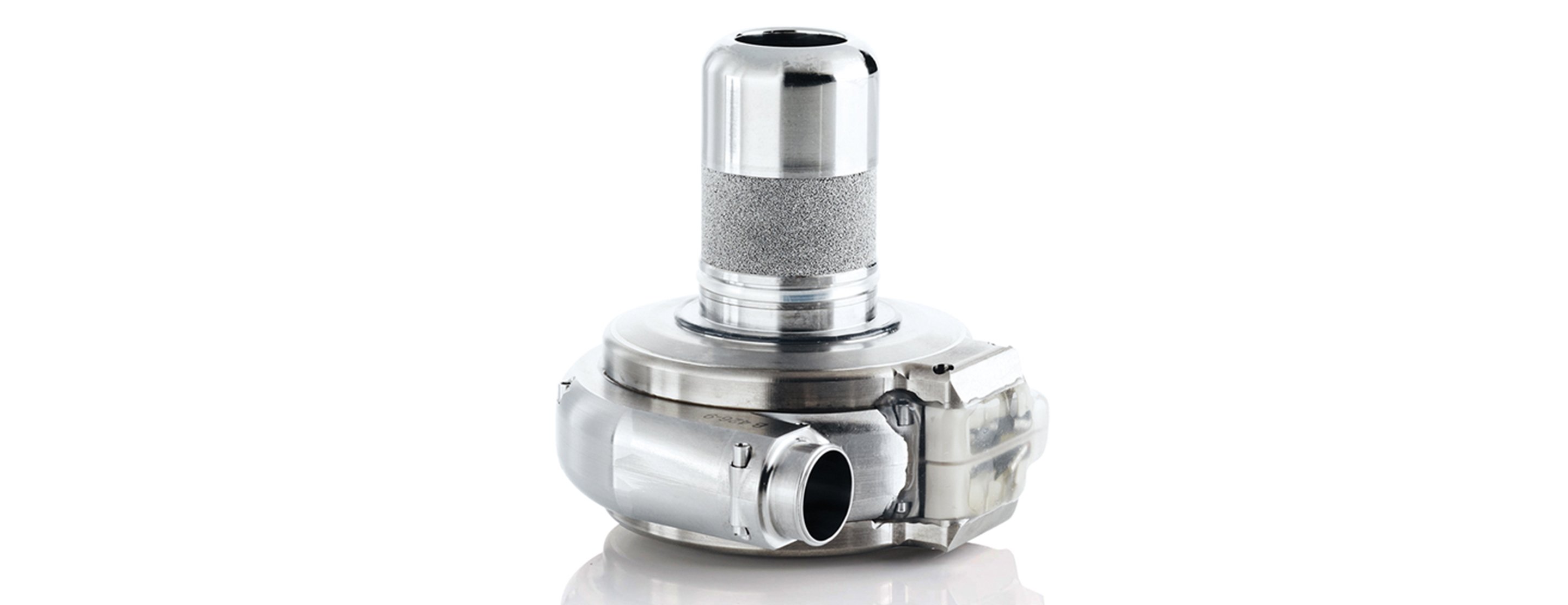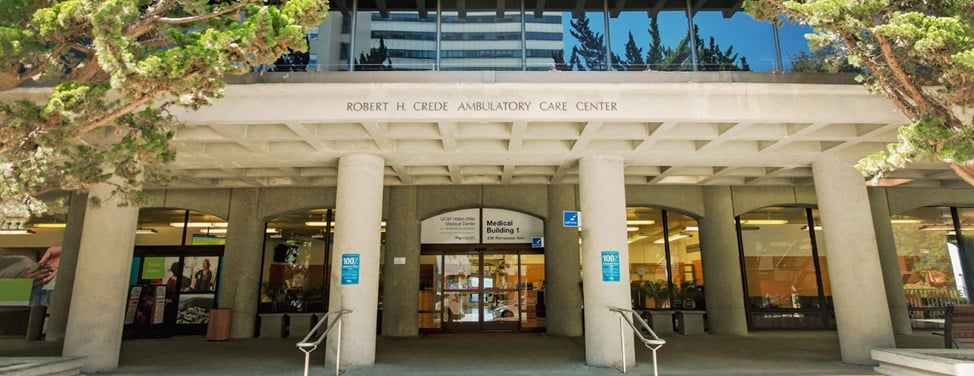
What to Expect: Getting a VAD Implanted
The procedure
You will be brought into the hospital if you are not already an admitted patient, usually the night before surgery. The morning of surgery, you will be taken to the operating room, where you will be given general anesthesia. The entire surgical procedure can last from four to six hours, depending on how extensive the procedure will be.
At UCSF Medical Center, the surgeons use a technique called minimally invasive surgery to implant your ventricular assist device (VAD). This operative technique is performed by skilled and experienced surgeons and is done to avoid cutting the length of the sternum. The incisions are smaller and the post-operative course is generally shorter due to the smaller incision. There are only a few surgeons in the U.S. that are experienced enough to perform this type of surgical approach.
During your hospital stay we will instruct you and your caregiver, family or friend about the device, including how to manage the power sources, changing power sources, important displays and alarms, and how to take care of your driveline exit site. By the time you leave the hospital, you and your caregiver will be experts on your VAD. Of course, if there are ever any questions or concerns regarding your VAD, there is a Mechanical Circulatory Support (MCS) coordinator on call 24 hours a day, seven days a week.
Recovery
Once you are home you will need to get in the habit of waking and documenting your VAD numbers, weight, temperature and blood pressure on a form that will be given to you prior to your discharge from the hospital. This allows your providers to see how you are recovering and what your VAD is doing while you are at home. You will also need to have your caregiver change your dressing at your driveline exit site, which they will already know how to do as they learned this in the hospital. After your driveline exit site is well healed, and you get the okay from your doctor, you will be able to start showering with the use of a special bag that protects the VAD and batteries from getting wet. As you recover you’ll find you are able to resume most of the activities of normal life — you can return to work, walk, play golf, or do other exercise, shop or travel.
When you are discharged, you will be given contact information for the Mechanical Circulatory Support (MCS) team. If you have any problems with your VAD, you will be able to reach a support person 24 hours a day, seven days a week.
You will be seen for follow-up visits in the MCS clinics. Initially, visits will be more frequent until your MCS team is comfortable with your LVAD numbers, test results and medications.
UCSF Health medical specialists have reviewed this information. It is for educational purposes only and is not intended to replace the advice of your doctor or other health care provider. We encourage you to discuss any questions or concerns you may have with your provider.








